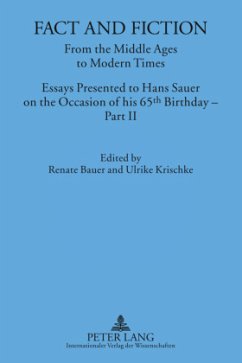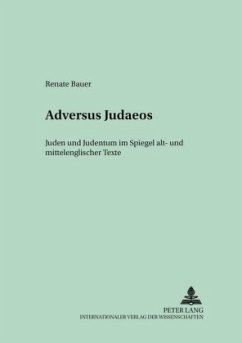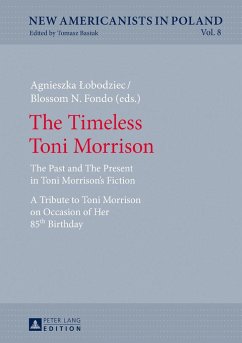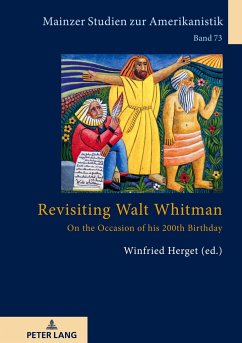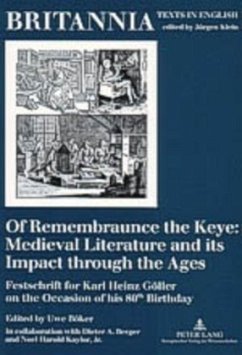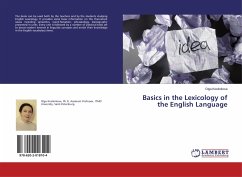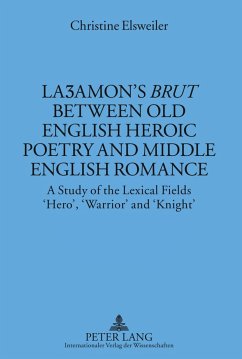
More Than Words
English Lexicography and Lexicology- Past and Present- Essays Presented to Hans Sauer on the Occasion of his 65 th Birthday - Part I
Herausgegeben: Bauer, Renate; Krischke, Ulrike
Versandkostenfrei!
Versandfertig in 6-10 Tagen
118,35 €
inkl. MwSt.

PAYBACK Punkte
0 °P sammeln!
Including both synchronic and diachronic approaches, the essays pay tribute to one of Hans Sauer's main specialist fields, namely English lexicography and lexicology. The contents of the articles range from insights into current lexicographical projects to glimpses into the work of eminent (and also lesser known) philologists. They range from lexical studies based on manuscripts and printed editions to those based on electronic data and include morpho-syntactic, semantic, taxonomic and etymological theories and approaches.



